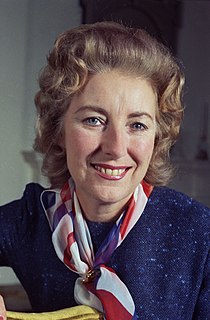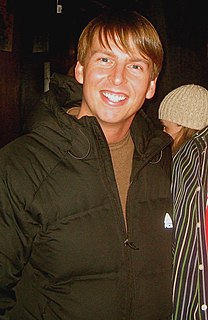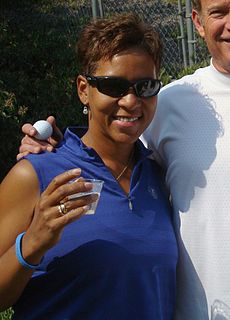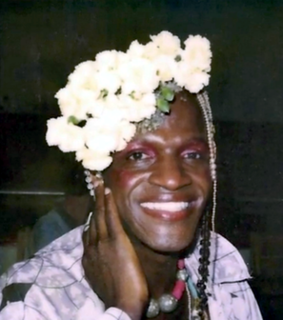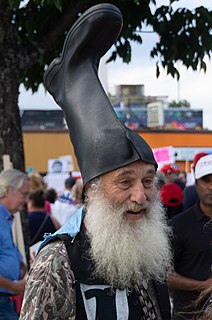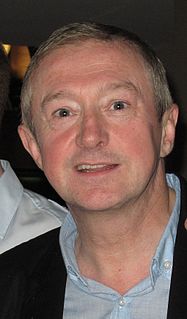A Quote by Minnie Pearl
When we got to the hotel, the Hawaiian Village, there were 500 screaming women there. The police were trying to keep the crowd back. It was very dangerous.
Related Quotes
I used to live in a village, and I always loved listening to old people. Unfortunately, it was always women who were talking, because after the war, very few men were around. I spent my entire life living in the village. The village is always talking about itself; people are talking to each other as the village makes sense of itself.
I did one touring show with Horatio Sanz. We went to, I think it was Iowa State University, and we were in this field house, so people were sitting on the floor. It started out with 2,500 people in there. We delivered the most mediocre improv, and it went from a crowd of 2,500 to 250 people in the course of 45 minutes. It was grim.
It's been rough for me trying to find my position in the struggle and where my voice is needed and helpful. You know, I grew up in Philadelphia, and Philadelphia has a really rough police-brutality history. I grew up in a neighborhood where it was very clear that the police were "them" and we were "us".
In a scholarly manner I have made it a habit to collect different crowd-control manuals, and I read them to the police sort of reminding them of basic tenants of crowd control, such as minimum use of force to effect an arrest. I tell... the police that they may have been put in a dangerous situation by their superiors.

